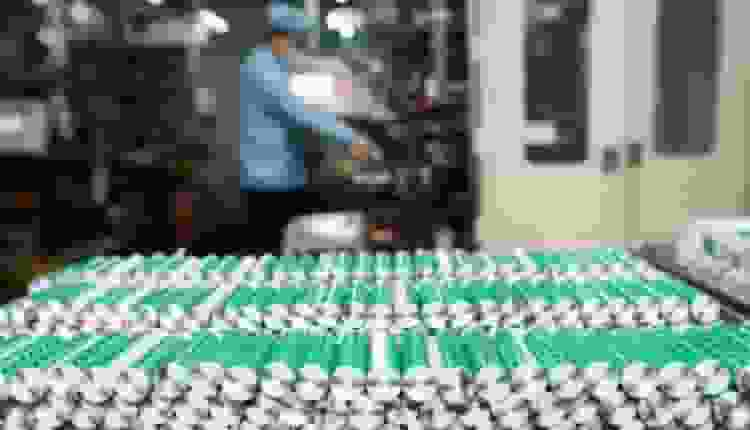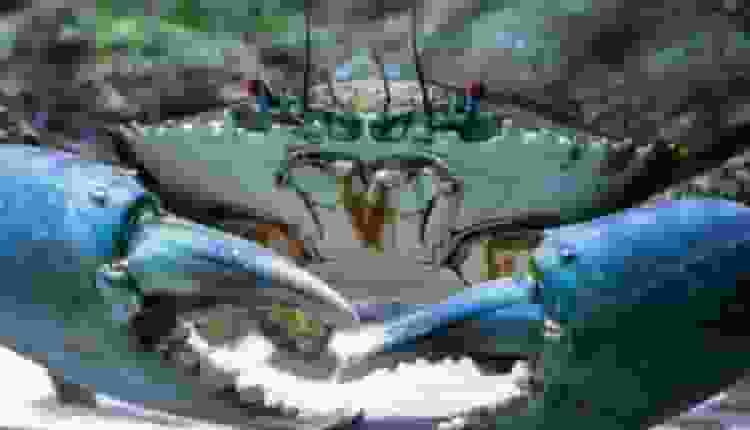
Crabs are already famous in Maryland, but researchers at the University of Maryland want to give that reputation an entirely new meaning.
Chitin, which is found in the shells of crustaceans like crabs and lobsters, may be combined with zinc to charge batteries, according to research from the school’s Center for Materials Innovation.
Maryland Researchers Harness Chitin for Sustainable Battery
Restaurants that have no other use for them frequently discard large quantities of the chemical-filled crustacean shells. The search for more environmentally friendly batteries, however, could benefit greatly from this waste, according to researchers.
Crustacean shells have typically been thrown out in large quantities by eateries that have no further use for them. But, this study has highlighted an intriguing possibility—the capacity to turn this trash into a useful resource for environmentally friendly battery technology.
The chitin included in these shells offers an economical and cost-effective alternative for energy storage, potentially addressing the rising demand for safe and reasonably priced batteries.
The typical lithium-ion batteries used in the majority of our cellphones and computers can take hundreds of thousands of years to degrade after being consumed, not to mention the terrible environmental effects of lithium extraction.
Yet, the zinc from these shellfish batteries may be recycled because they are biodegradable and can break down in the soil in just five months.
Read more: Abortion Rights Lawsuit: Health Care Providers In North Carolina Fight For Access
A Promising Solution for Cheap and Sustainable Energy Storage

According to The Guardian, a study from the University of Maryland discovered that chitin-zinc batteries were 99.7% effective after being used for more than 400 hours and that these batteries could probably be made at scale for a reasonable price.
There will be a huge need for inexpensive, green batteries as the globe moves away from unclean energy sources like coal and methane gas. If we want to reduce our reliance on lithium-ion batteries, crustaceans might be able to help.
Graham Newton, a professor of materials chemistry at the University of Nottingham who researches sustainable battery technology, expressed cautious optimism about the finding in an interview with The Guardian.
Read more: Stock Market News: Rally Temporarily Halts, S&P 500 And Nasdaq See Strongest Week Since March

